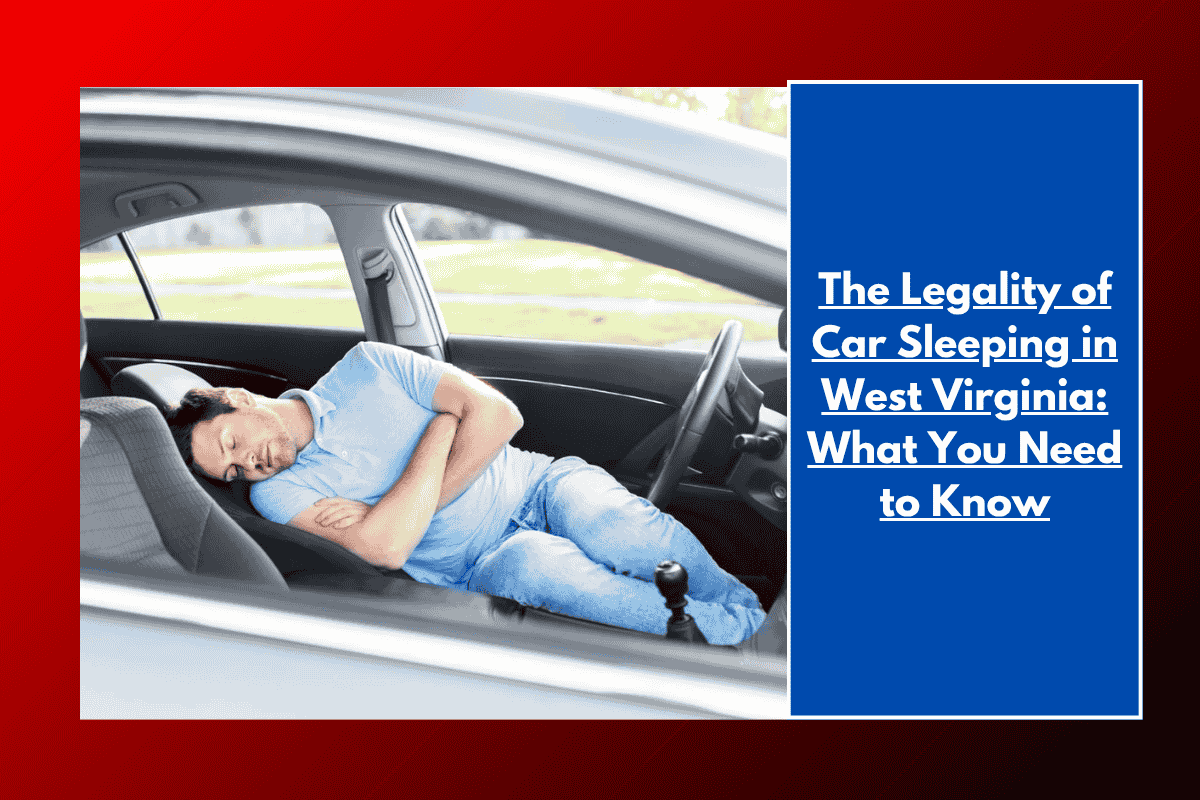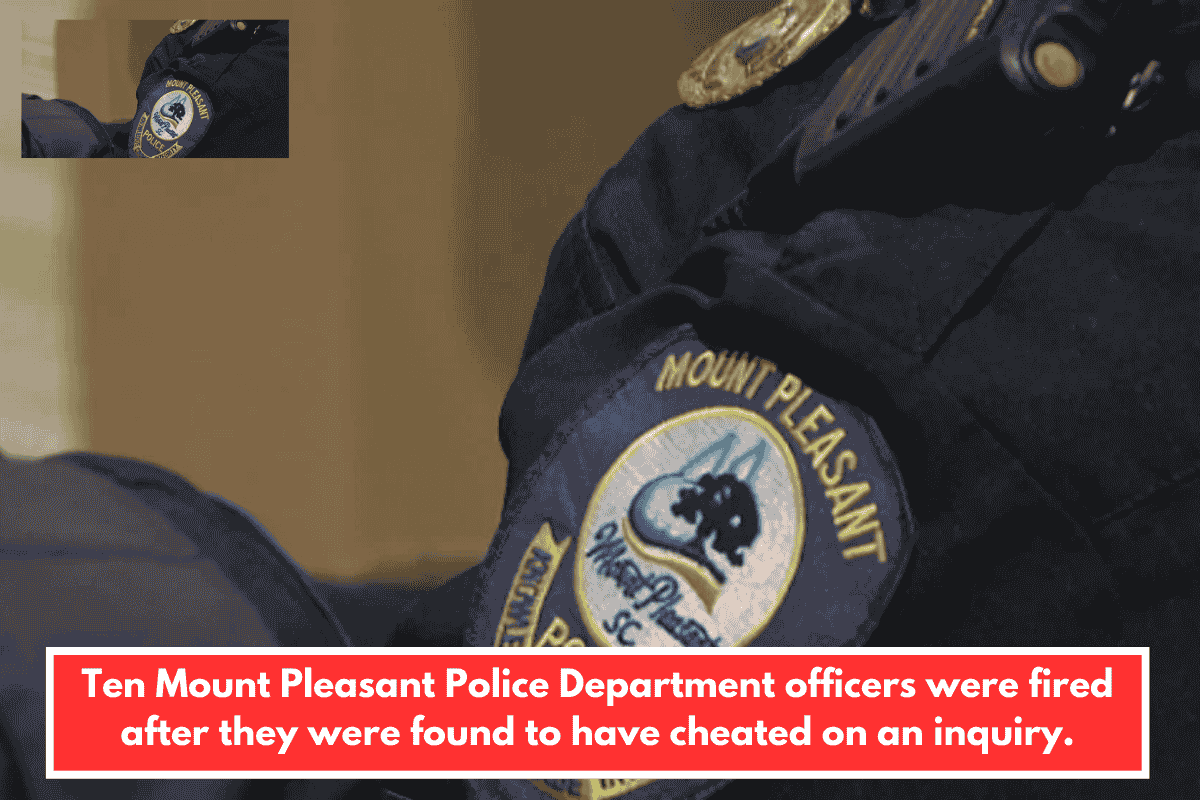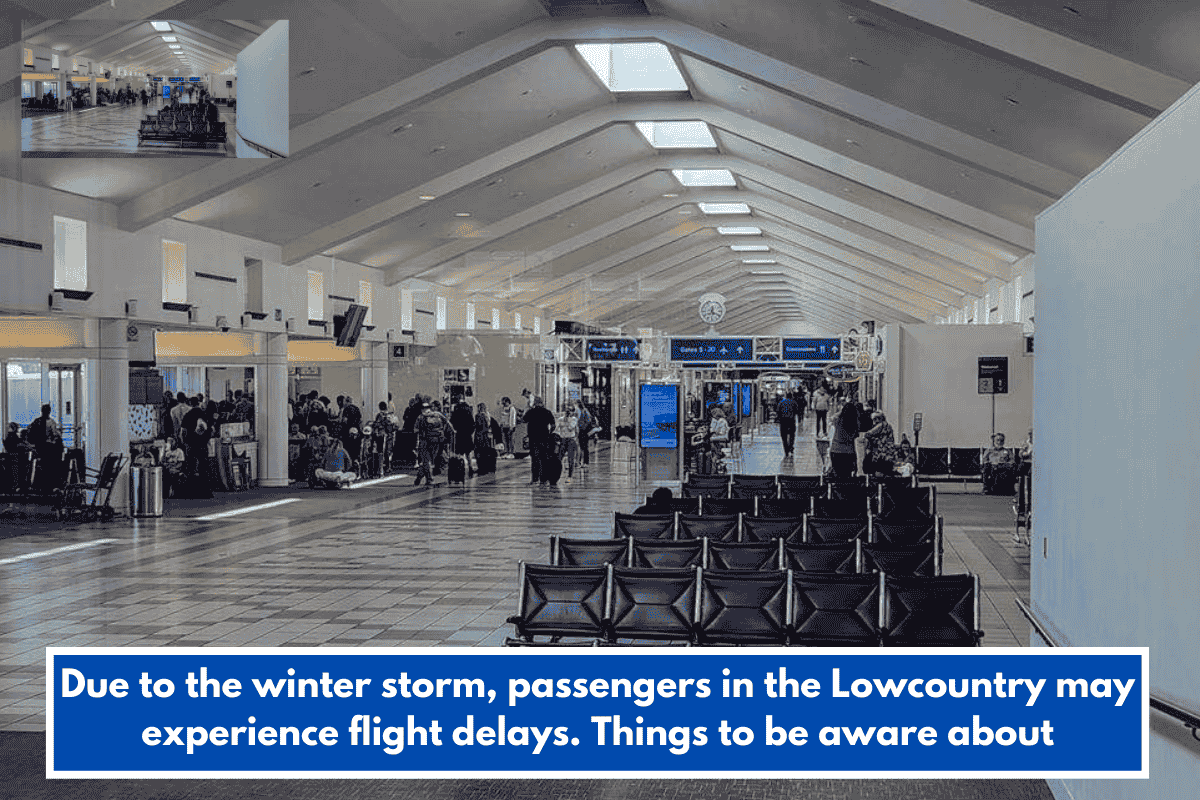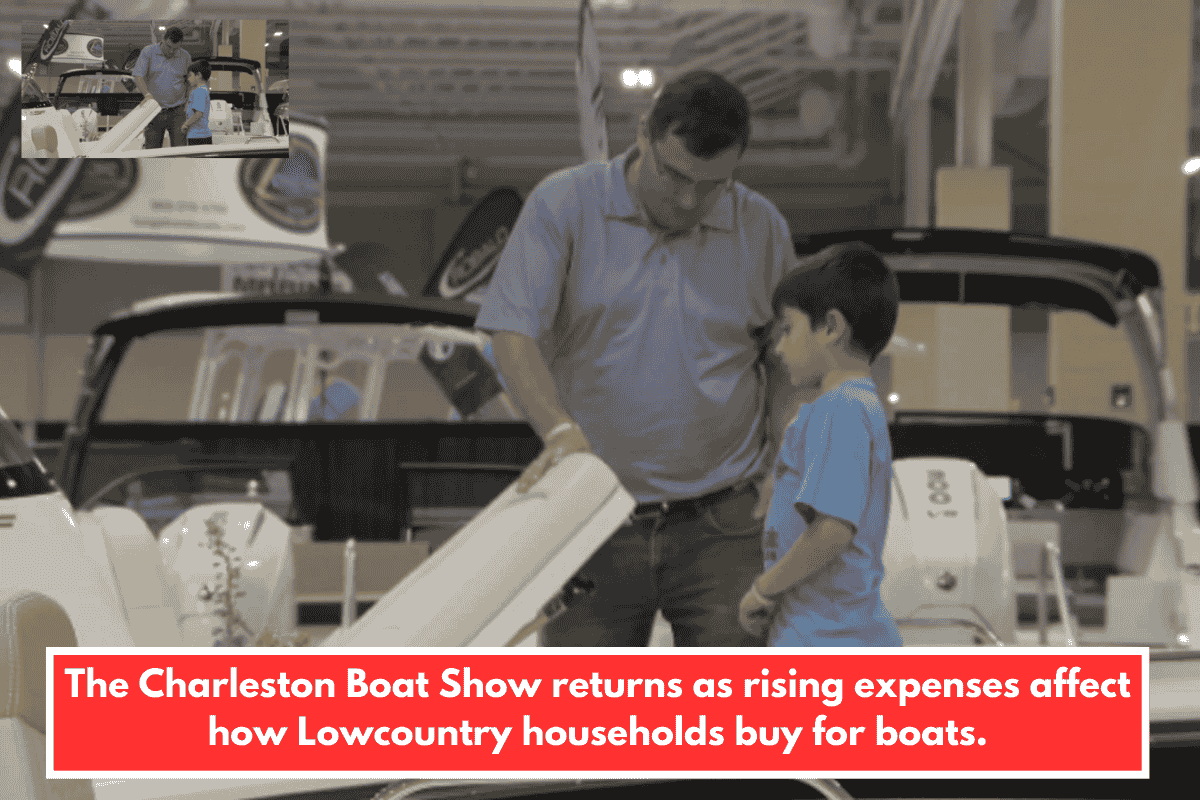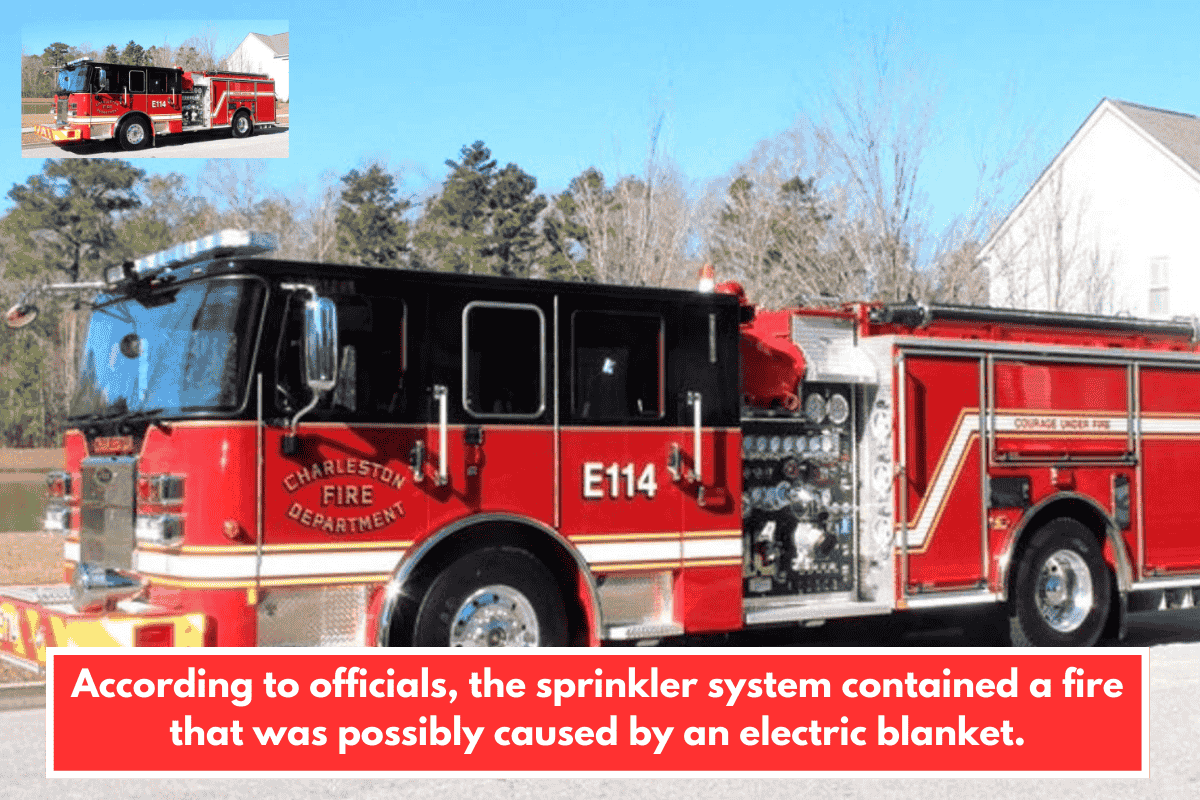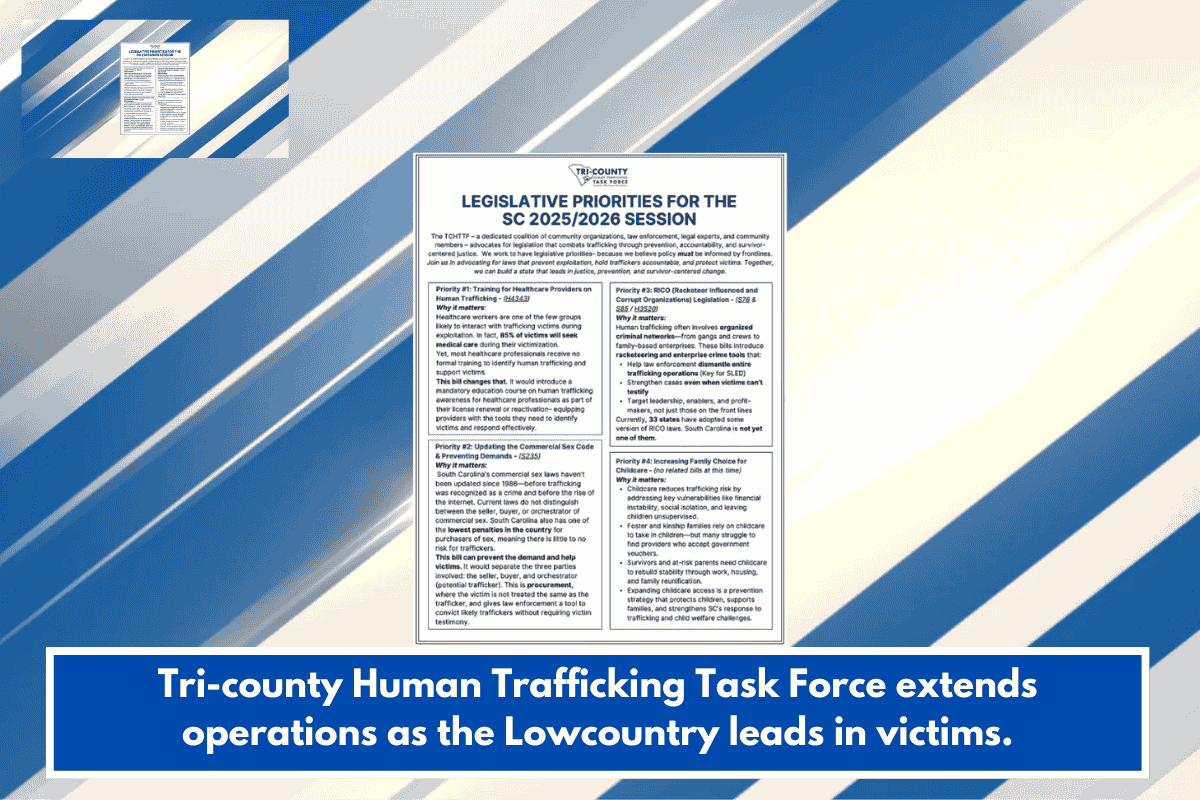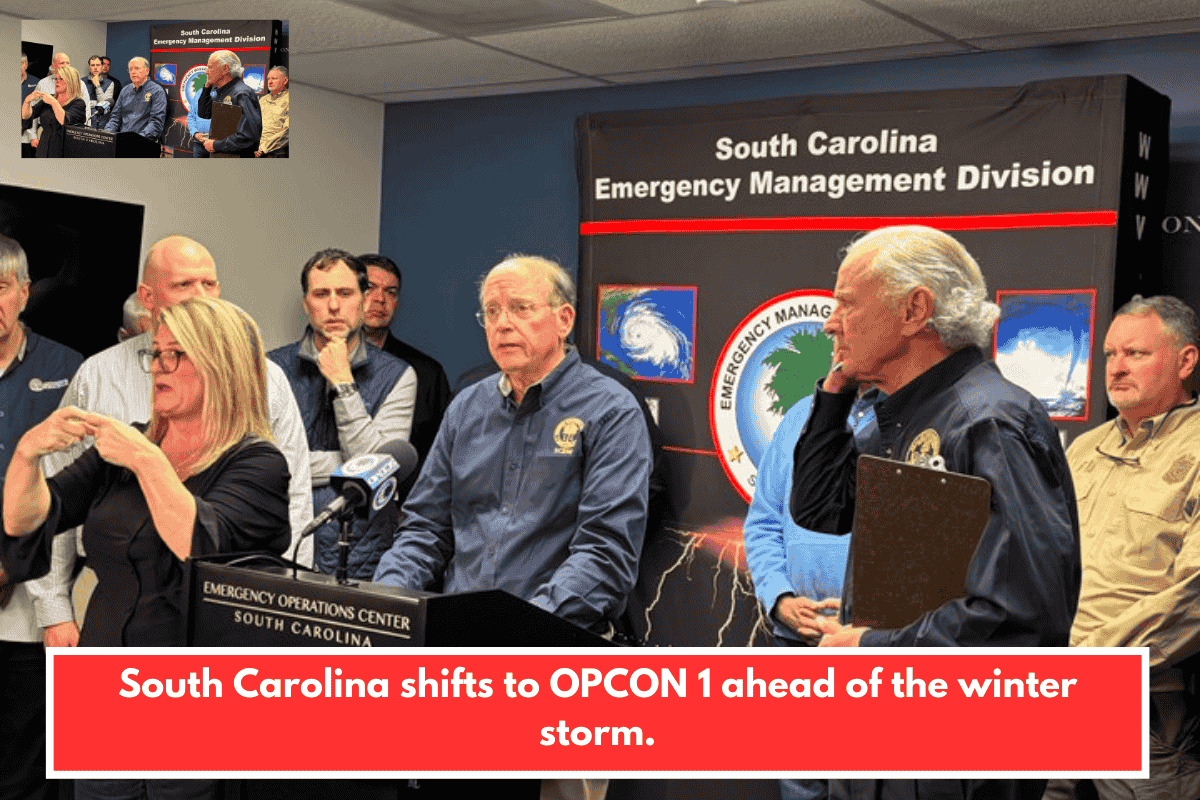Sleeping in your car can be a convenient option when you’re traveling or need a quick rest. However, it’s important to understand the laws and regulations regarding car sleeping, especially when you’re in a different state like West Virginia. While it may seem like a simple and harmless activity, there are specific rules in place that govern whether you can legally sleep in your car in West Virginia.
Is It Legal to Sleep in Your Car in West Virginia?
In general, sleeping in your car is not outright illegal in West Virginia, but there are important considerations to keep in mind. The legality of sleeping in your vehicle depends largely on where you choose to park and how long you stay.
Public vs. Private Property
One of the key factors to consider when sleeping in your car in West Virginia is whether you are parked on public or private property.
- Public Property: Sleeping in your car on public property is usually subject to local ordinances. Some cities may have specific laws prohibiting overnight parking in certain areas, such as public streets or parks. For example, you might find signs that prohibit overnight parking, or city ordinances that limit parking in certain zones after dark.
- Private Property: If you park on private property, you must have permission from the property owner. If you don’t, the property owner could ask you to leave or even call law enforcement. This applies to businesses, shopping centers, or residential properties. Without permission, it could be considered trespassing.
West Virginia State Parks and Rest Areas
West Virginia offers various state parks and rest areas that may allow overnight parking, but it’s important to check specific regulations. Some state parks have designated camping areas where sleeping in your car is permitted, while others may have rules about overnight parking.
- Rest Areas: West Virginia’s rest areas on highways are often used by travelers for short stops or naps. Some rest areas allow overnight parking, but others may have restrictions. It’s essential to look for signs and follow any specific rules posted at the rest area.
Loitering and Public Safety Laws
While sleeping in your car is not necessarily illegal, loitering laws can come into play. West Virginia has laws against loitering, which can apply if you are occupying a public space, such as a parking lot or street, for an extended period without a valid reason. If law enforcement believes you’re loitering, you may be asked to move along or face potential fines.
Additionally, if you’re parked in an area where it is illegal to park, such as in a fire lane, blocking traffic, or causing a safety hazard, you could face fines or be towed.
Safety and Practical Considerations
While the legality of car sleeping in West Virginia may vary, there are practical considerations that can affect your comfort and safety:
- Temperature: West Virginia can experience extreme temperatures, especially during the winter months. Sleeping in your car during cold weather can be dangerous, so be sure to plan accordingly.
- Ventilation: Always ensure proper ventilation when sleeping in your car to prevent the buildup of carbon monoxide, especially if the engine is running.
- Parking in Safe Areas: It’s always best to park in well-lit, safe areas. Parking lots of major chain stores, truck stops, or rest areas are usually safer than deserted streets or isolated locations.
What Should You Do if You’re Asked to Leave?
If you’re asked to leave by law enforcement or a property owner, you must comply. Failure to do so could lead to fines or even arrest. Always ensure that you’re following local ordinances, especially in urban areas, to avoid any complications.
What to Do Before Sleeping in Your Car in West Virginia
- Check Local Regulations: Before you sleep in your car, check for any local parking ordinances or restrictions that may apply in the area.
- Seek Permission: If you plan to park on private property, always get permission from the property owner to avoid potential trespassing issues.
- Choose Safe Locations: Look for designated overnight parking spots, such as rest areas, truck stops, or campgrounds that allow car sleeping.
- Be Aware of Weather: Ensure you’re prepared for extreme weather conditions, including heat or cold, which could pose a danger when sleeping in your car.
Car Sleeping in West Virginia
Sleeping in your car in West Virginia is not illegal by default, but the laws can vary depending on where you’re parked and how long you stay. Always ensure you are parked legally on public or private property, and be aware of any local ordinances regarding overnight parking. If you plan to sleep in your car, it’s also a good idea to prepare for safety, weather conditions, and comfort. Following these guidelines will help you avoid any legal issues while making your car sleeping experience safer and more enjoyable.
SOURCES
[1] https://www.boondockersbible.com/learn/west-virginia-rest-area-rules/
[2] https://codelibrary.amlegal.com/codes/weirton/latest/weirton_wv/0-0-0-2271
[3] https://code.wvlegislature.gov/17C-13-3/
[4] https://transportation.wvu.edu/parking/parking-compliance-rules-and-regulations
[5] https://www.neighbor.com/storage-blog/can-you-sleep-at-a-rest-stop/

